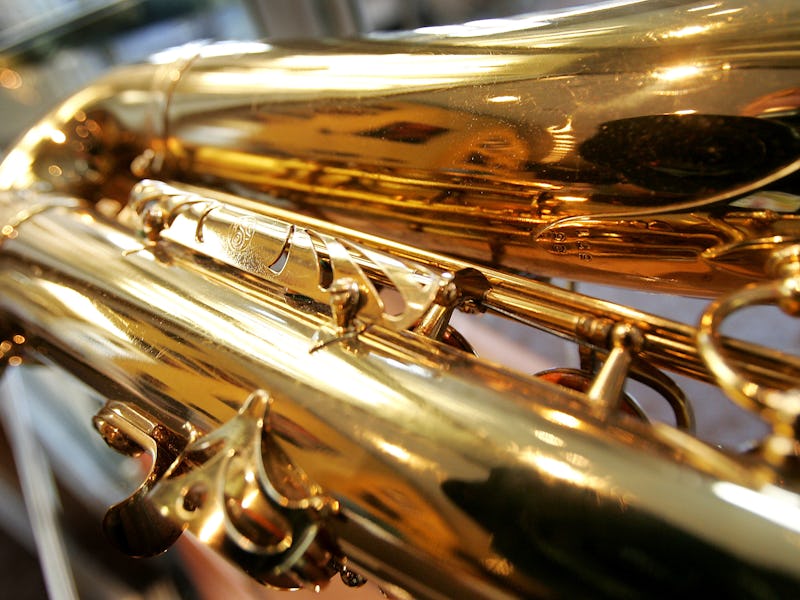Could Music Treat Epilepsy? Coltrane and Mozart Are a Start.
We talk with an Ohio State doctor exploring the connection between music and epilepsy patients' brain waves.

At the American Psychological Association’s 123rd Annual Convention, Dr. Christine Charyton, Ph.D., presented findings that music affects the brain differently for those who have epilepsy than for those who do not. What’s more, brainwaves in people with epilepsy synchronized significantly more with the music than in people without the disease.
Here’s how the study went:
The researchers recorded brainwave patterns while patients listened to 10 minutes of silence, followed by either Mozart’s Sonata for Two Pianos in D major, andante movement (K. 448), or John Coltrane’s rendition of “My Favorite Things,” a second 10-minute period of silence, the other of the two musical pieces and finally a third 10-minute period of silence. The order of the music was randomized, meaning some participants listened to Mozart first and other participants listened to Coltrane first.
The result was that for those 10 minutes the epilepsy patients’ brains — especially temporal lobes — were more in tune with the music. It’s a starting point with serious implications. I phoned up Dr. Charyton to find more about how jamming to some tunes could become part of a patient’s treatment regimen.
“Think of analogy with medication: If you know how it works, then you can determine what would be the dosage later,” Charyton said. “We’ve determined that the music does help because it synchronizes and the people with epilepsy do not have seizures [while listening], but we don’t know how often they would listen to it or for how long. There would have to be further research to determine that. We know the jazz and the classical — the Coltrane and Mozart — are beneficial. We need to see if we can prevent a seizure.” Her recommendation to patients she works with: “Listen to it when it works for them.”
So, why Mozart and Trane? “The Mozart is the piece that’s most well-researched about ‘the Mozart effect,’” she explained. “And for John Coltrane, we did previous research with fractal analysis on his saxophone solos,” she said. “We chose ‘My Favorite Things’ because it’s from the Sound of Music soundtrack and it’s a more familiar tune for people.”
I asked Dr. Charyton if rock ‘n’ roll could be beneficial. “That’s a possibility,” she said. “It might be that aspects of what people like to listen to could help. We could ask for people’s preferences when we collect the data.” Jokingly, I also suggested heavy metal. She went ahead and put me right in my place, saying, “The thing that’s interesting is there’s literature out there that says monkeys and apes prefer heavy metal to classical or other types of music. They prefer aggressive music.” And that’s why I’m not a scientist.